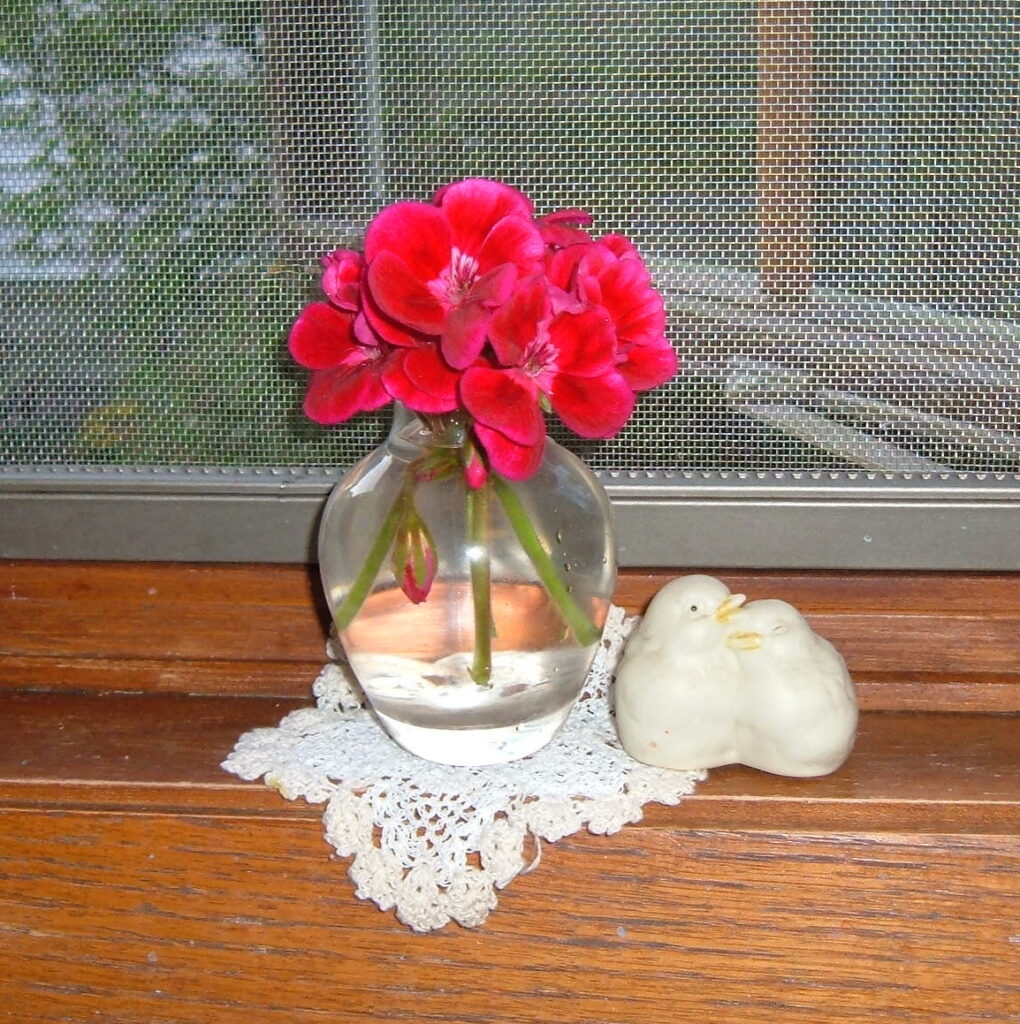
What does self-care mean to you?
During this month of love, love, love, let us not forget to love ourselves. Let’s be our own valentine.
These days, self-care might mean getting the food all the way to your mouth instead of having it fall and mess up your shirt front—or worse, drop inside your blouse to leave a stain for later, and create an embarrassing search video for table mates’ enjoyment.
Self-care is defined by my apple laptop dictionary as: the practice of taking action to preserve or improve one’s own health. and • the practice of taking an active role in protecting one’s own well-being and happiness, in particular during periods of stress: expressing oneself is an essential form of self-care | [as modifier ] : self-care methods such as meditation.
The World Health Organization defines self-care as: “the ability of individuals, families, and communities to promote health, prevent disease, maintain health, and to cope with illness and disability with or without the support of a healthcare provider.”
One caveat before I continue: This blog is not a bout self-indulgence or being selfish so you will always get what you want. It is not about spending all your resources on yourself to the detriment of others. Self-care is taking care of yourself for your own well-being, in order to do your job, help and care for others and do the things you want to accomplish each day. Self-care helps you become your best self and live your best life.
We can and do take care of ourselves in many ways. But, let’s focus on more than just the eating, sleeping, eliminating bodily functions that are necessary for survival. We are told in many ways that getting a good night’s sleep, eating the right foods and (probiotics) for regular elimination help keep us feeling healthy. That is self-care 101, as they say.
The need for self-care has increased over the past few years, and even more so with the pandemic. Paula Gill Lopez, PhD from the department of psychological and educational consultation at Fairfield University in Fairfield, Connecticut says, “We have an epidemic of anxiety and depression. Everybody feels it.”
Well, I’m glad that I’m not alone, but feeling included doesn’t do a whole lot to increase my well-being. We all do self-care in a variety of ways. But naming it ‘self-care’ puts it in a different category in our minds and allows us to see/feel/know that we are cared for, that we are worthy of comfort and care.
Three areas of self-care:
1. Personal self-care-
– physical: This includes including hygiene, nutrition, and seeking medical care when it’s needed. Take time for bubble baths, facials, nail trimming and other ways to clean and heal your body. It also includes things like getting vaccines, scheduling cancer screenings or taking your scheduled medications.
Are you moving your body in a way that feels good and is important to your well-being? That might look like a Pilates, Chi Gong, yoga, swimming or exercise time. Or it may be just daily walks and a morning stretch. Any exercise routine that you can stick to will help you sleep better and improve your overall well-being.
“People who exercised between two and eight hours per week throughout their lives reduced their risk of dying by 29 to 36 percent, according to a March 2019 study published in JAMA Network Open.” (from Moira Lawler article)
Daily activities like making your bed or sweeping may feel like a chore or may help you claim and begin your day in a mindful way. They help you clear the clutter. My mother could not stand to have dirty dishes in the sink or drainboard. Getting the dishes washed up after a meal really was a part of her self-care and it has become self-care for me as well. I need the visual space of a clean sink and orderly counter, (really my whole house,) to be able to work on other things.
– mental: What you’re filling your mind with has a huge impact on your mental wellbeing, as does the way you think. Being curious and open to learning new things develops your mental capacity. Practicing self-acceptance and self-compassion are good examples of mental self-care. Increasing your intellectual stimulation provides ways to organize new information and grow your mental acuity and flexibility. The most important mental self-care is self-talk. What you tell yourself about your own motives and the motives of others colors your emotional and physical well-being.
-emotional: Stress management and how you effectively process and regulate your feelings are a vital part of developing your emotional health. Self-soothing practices like meditation, journaling and healing past trauma are also important. Start each day paying attention to your goals for the day and take several minutes for deep breathing. Before bed, reflect on what you are grateful for.
–spiritual: connecting in a spiritual way to some religion or higher entity provides you with a sense of security and usually a social group who offer support in a variety of ways. It may look like attending religious services, meditation, keeping a gratitude journal, incorporating acts of kindness into your day, or spending time in nature.
“Self-care does not have to cost anything — it’s just doing things you enjoy. And a lot of the things we enjoy or feel fulfilled from cost nothing,” Amsellem says. “Stepping outside and taking a deep breath, for example, might be the greatest act of self-care.” (From Moira Lawler article)
2. Social self-care-
-communication: Learn how to effectively communicate with friends and family. I know how trite that sounds, but learning how and when to talk about an issue with a loved one will help wounds heal and create healthy relationships. Showing kindness, gratitude and humor are proven to build relationships and promote health. Actively listen to those around you to make conversations more meaningful and successful.
–friendships: Call a friend just to say hello. Write cards to family members and/or friends to celebrate their birthdays and anniversaries. Join with others to play a musical instrument, participate in a sport or practice a relaxing hobby. These cultivate kindness, become positive experiences and enhance feelings of belonging and worthiness. You will find the kindness you send out comes back to reflect your well-being.
“Staying active keeps your body healthy physically, keeping your risk of chronic health issues down and lowering your chances of an acute illness . .” (From Elizabeth Millard and Jessica Migala article.)
-boundaries: Set limits with social and work relationships to protect your energy and time. Ask for help when you need it and develop a nurturing support network.
–give Back: Volunteering at non-profits, participating in food drives or fundraisers, donating to charities and other volunteering activities create feelings of fulfillment. But, keep the amount of volunteer time you do within a range where you can be flexible, yet don’t feel overwhelmed. Know that any volunteer position can be left if it is too much for you. Weigh the benefits of volunteer time, which offers more intrinsic rewards than you might first recognize.
-environmental: having a safe, secure and comfortable living space is the first order of social self-care. Cleaning and organizing your space so you can surround yourself with things that uplift you are a part of self-care. Growing plants provides oxygen and a calming atmosphere. Some people use essential oils to help promote health and well-being.
Is social media lowering or raising your stress level?
What could happen if you lived offline for awhile?
3. Self-care at Work:
-financial self-care: Paying bills on time and not spending more than you earn are the most basic ways to financially give self-care. If you can, pay down debts, monitor your credit score and put your bills on autopay. Regularly set aside money for college, future success or retirement. Seeing a financial management counselor might be the number one way to take care of yourself.
–environmental: In addition to working in an environmentally safe and healthy space, prioritizing time for rest, bathroom breaks and eating is essential. Additionally, information processing time and time management skills will help you maintain a positive attitude toward work. Incorporating stress reducing strategies also helps you work more positively.-personal: Spend time on hobbies and do things you love so that your whole life doesn’t revolve around your work. Unless you love your job; doing something that requires your full attention all the time seems self-punishing to me. Negate negativity by distancing yourself from grumblings, including self-cynicism. Actively anticipate events optimistically.
Gill Lopez puts self-care into two further categories: temporary and enduring.
Temporary self-care may look like going to dinner with a friend. You benefit from the social connection, but it won’t last for very long after you part ways.
Enduring self-care, on the other hand, has more permanent effects. Gill Lopez says an example of this is practicing mindfulness regularly, because it leads to brain changes. According to a study (one of many on this topic) published in Psychiatry Research, eight weeks of mindfulness training led to changes in gray matter concentrations in the brain areas involved with learning and memory processes, emotion regulation, self-referential processing, and perspective taking.
Self-care is part of the answer to how we can all better cope with daily stressors, explains Kelsey Patel, a Los Angeles–based wellness expert and the author of the forthcoming book Burning Bright: Rituals, Reiki, and Self-Care to Heal Burnout, Anxiety, and Stress. (From Moira Lawler article)
Research suggests self-care promotes positive health outcomes, such as fostering resilience, living longer, and becoming better equipped to manage stress. Many things can get in the way of us taking care of ourselves, including family caregiving responsibilities, work tasks, social commitments, and more. Ultimately, when we do take care of ourselves, that is when we’re best able to show up for all of the other people and responsibilities in our lives.
Self-care does not mean the same thing for everyone and it may mean different things on different days. I spend Fridays watering the plants in my house and at my church. It is a time the plants are expecting and needing to be watered. If I water them on more or fewer days, they would die, so timing is important. The principle of timing works for humans as well. I don’t want to relax in bubble bath if I’m starving and need to eat.
“Self-care is anything that you do for yourself that feels nourishing,” says Marni Amsellem, PhD, a licensed psychologist based in Trumbull, Connecticut.
Today, we hear a lot about being mindful and that is a key element to self-care. Really knowing yourself and having a strong sense of identity will enable you to practice personal self-care and honor your true self. Let’s practice some self-care today.

Resources:
What Is Self-Care and Why Is It So Important for Your Health? By Moira Lawler Medically Reviewed by Justin Laube, MD, May 19, 2021, Taken from the world wide web at: https://www.everydayhealth.com/self-care/
What is self-care? emailed newsletter from The Curiosity Club, at: https://thecuriosityclub.co.uk/
Burning Bright: Rituals, Reiki, and Self-Care to Heal Burnout, Anxiety, and Stress by Kelsey Patel, coming out in 2022.
76 Top Self-Care Tips for Taking Care of You by Sarah DiGiulio, Elizabeth Millard and Jessica Migala. Medically reviewed by /Allision Young, MN, October 6, 2021. Found at:
21 Self-care and Self-Improvement Tips to Conquer 2021 by Goodwin University ENEWS.
From WWW at: https://www.goodwin.edu/enews/self-care-self-improvement-tips-2021/

The more you know about yourself the greater success you will have , that is a great piece of wisdom! I agree self care will open many possibilities for each of us! You created a great resource for your readers!!!
thank you!!’
A great reminder for us all. Thanks for taking the time to break it down. ❤️